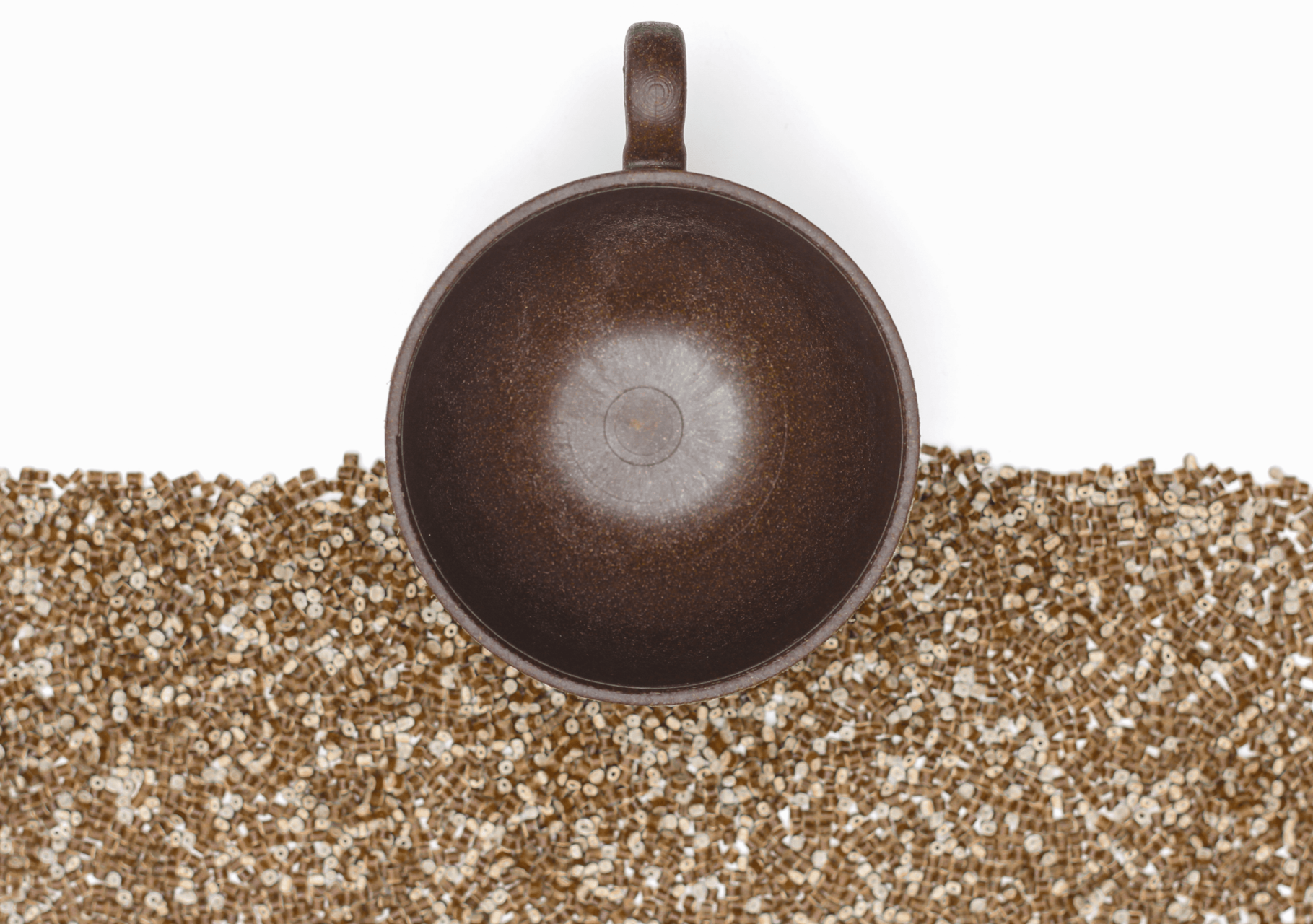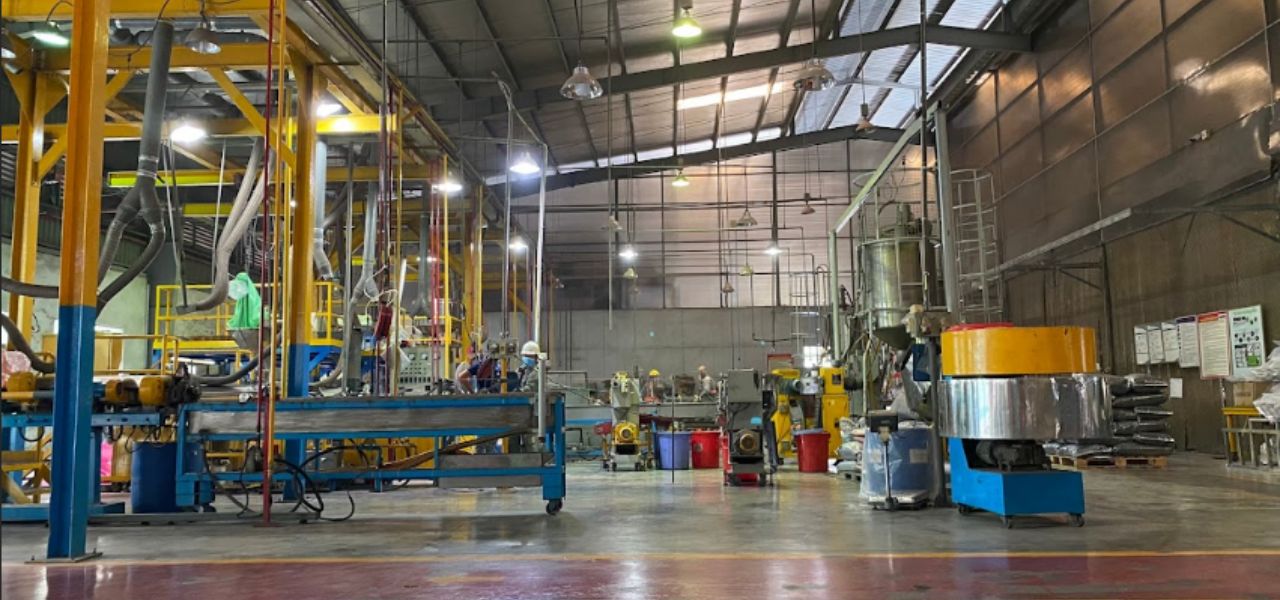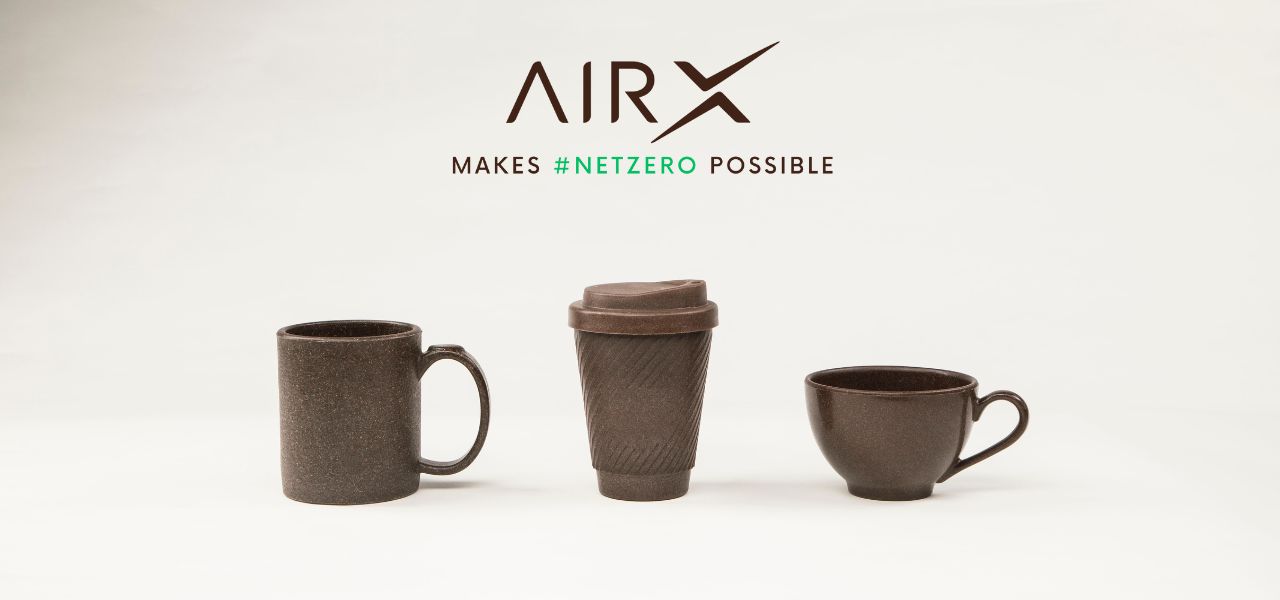Unveiling the Power of Eco-Friendly Polyethylene: A Step towards a Greener Future

With the environmental situation becoming more and more urgent, environmentally friendly materials have become an important trend in industries. In this article, we will explore a special type of material, known as eco-friendly material, that has the ability to reduce the negative impact on the environment. Get ready to discover the power of this material and how it contributes to building a greener and sustainable future. Ready to explore the wonders of eco-friendly polyethylene and the appeal of building a sustainable future? Please start now!
Understanding Eco-Friendly Polyethylene
Eco-friendly polyethylene is a sustainable alternative to conventional plastics, designed to minimize environmental impact while retaining the desirable properties of traditional polyethylene. This section will delve into the definition, characteristics, and environmental benefits of eco-friendly polyethylene.

Definition and Characteristics: Eco-friendly polyethylene, also known as sustainable polyethylene or bio-based polyethylene, is derived from renewable resources such as sugarcane or plant-based materials. It shares similar properties with conventional polyethylene, including strength, durability, and versatility. However, its production process utilizes renewable feedstocks, reducing reliance on finite fossil fuel resources.
Differentiating from Conventional Plastics: The key differentiator of eco-friendly polyethylene lies in its reduced carbon footprint. Unlike conventional plastics derived from petroleum, eco-friendly polyethylene utilizes biomass feedstocks, which absorb CO2 during the growth process, helping to mitigate greenhouse gas emissions. This sustainable sourcing and production method distinguishes it as a greener alternative.
Environmental Benefits: Eco-friendly polyethylene offers several environmental benefits. Firstly, it reduces reliance on non-renewable resources, contributing to resource conservation. Secondly, it helps to reduce carbon emissions by utilizing renewable feedstocks and sequestering CO2 during the growth phase of biomass feedstocks. Additionally, eco-friendly polyethylene can be recycled or biodegraded, supporting a circular economy and reducing waste accumulation.
The positive impact of eco-friendly polyethylene on reducing the carbon footprint is significant. By incorporating this sustainable material into various industries, we can foster a greener future and contribute to a more sustainable planet. As advancements continue in research and technology, eco-friendly polyethylene holds promise as a viable solution for reducing environmental impact and transitioning towards a more sustainable and circular economy.
Manufacturing and Production Process

The manufacturing and production process of eco-friendly polyethylene plays a crucial role in ensuring its sustainability and reducing environmental impact. This section will explore key aspects such as sustainable sourcing of raw materials, production methods, energy efficiency, and recycling initiatives.
- Sustainable Sourcing of Raw Materials: Eco-friendly polyethylene is sourced from renewable feedstocks like sugarcane or plant-based materials. These feedstocks are carefully selected to ensure minimal impact on ecosystems and biodiversity. By utilizing renewable resources, the production process reduces reliance on fossil fuels and contributes to a more sustainable supply chain.
- Production Methods and Energy Efficiency: Manufacturers of eco-friendly polyethylene strive to employ energy-efficient production methods. This includes optimizing process parameters, utilizing renewable energy sources, and implementing energy-saving technologies. By minimizing energy consumption, the carbon footprint of the manufacturing process is further reduced, making it more environmentally friendly.
- Recycling and Circular Economy Aspects: Eco-friendly polyethylene is designed to be recyclable, promoting a circular economy. The material can be collected, sorted, and processed to create new products or packaging. This reduces the need for virgin materials and helps to close the loop in the product life cycle. Additionally, initiatives to improve recycling infrastructure and promote consumer awareness play a vital role in maximizing the recyclability of eco-friendly polyethylene.
Continued efforts in research and development are driving advancements in manufacturing techniques, making eco-friendly polyethylene an increasingly viable and eco-conscious choice for various industries.
Case Studies and Success Stories
Several companies have emerged as pioneers in adopting eco-friendly polyethylene, showcasing successful implementation and the positive environmental impact of this sustainable material. Their efforts serve as inspiration for other industries to embrace eco-friendly practices and contribute to a greener future.
Highlighting Companies
Various companies have taken the lead in incorporating eco-friendly polyethylene into their operations. These include packaging manufacturers, automotive companies, and consumer goods brands. Through their proactive approach, these companies demonstrate a commitment to sustainability and the adoption of eco-friendly materials.
Successful Implementation and Positive Environmental Impact
The implementation of eco-friendly polyethylene has yielded impressive results. Companies have reported reductions in carbon emissions, decreased reliance on non-renewable resources, and improved waste management practices. By integrating eco-friendly polyethylene into their products and packaging solutions, these companies have made significant strides in reducing their environmental footprint.
AirX

A Prominent Example of Innovation: One standout example of eco-friendly polyethylene innovation is AirX. This company has developed a range of biodegradable and compostable packaging materials using eco-friendly polyethylene. AirX's products not only provide effective protection and functionality but also offer a sustainable alternative to traditional packaging solutions. By utilizing renewable resources and promoting responsible end-of-life disposal, AirX sets a benchmark for eco-friendly polyethylene applications.
These case studies and success stories demonstrate the viability and effectiveness of eco-friendly polyethylene in various industries. They serve as powerful examples of how companies can prioritize sustainability without compromising on performance or profitability. Through the adoption of eco-friendly polyethylene, these organizations are driving positive change and inspiring others to follow suit in their pursuit of a greener future.
Contact us
AirX is the world's first carbon-negative bio-material made from coffee grounds manufacturer.
We specialize in producing bio-based composites using recycled carbohydrates derived from by-products such as coffee grounds, coconut husk, husk, and bamboo. Our goal is to promote sustainability through the use of eco-friendly materials.
We are always here to help and provide the best service possible. If you have any questions or would like to receive advice and feedback directly from our sales staff, please do not hesitate to contact us. You can reach us through:
- Whatsapp: +84 969 742 950
- Email: [email protected]
We look forward to hearing from you!

